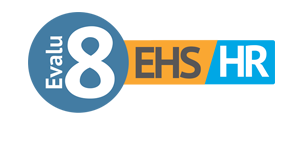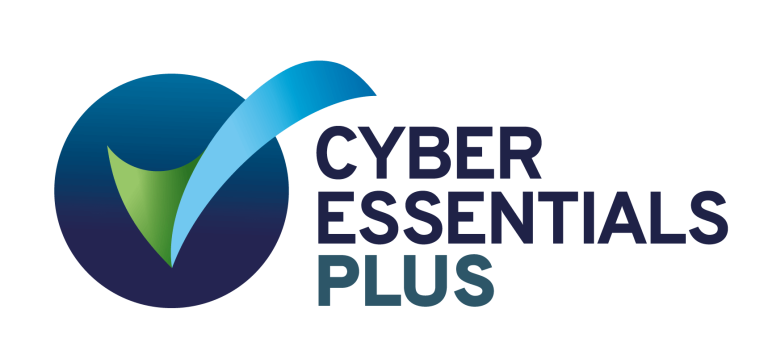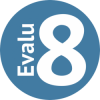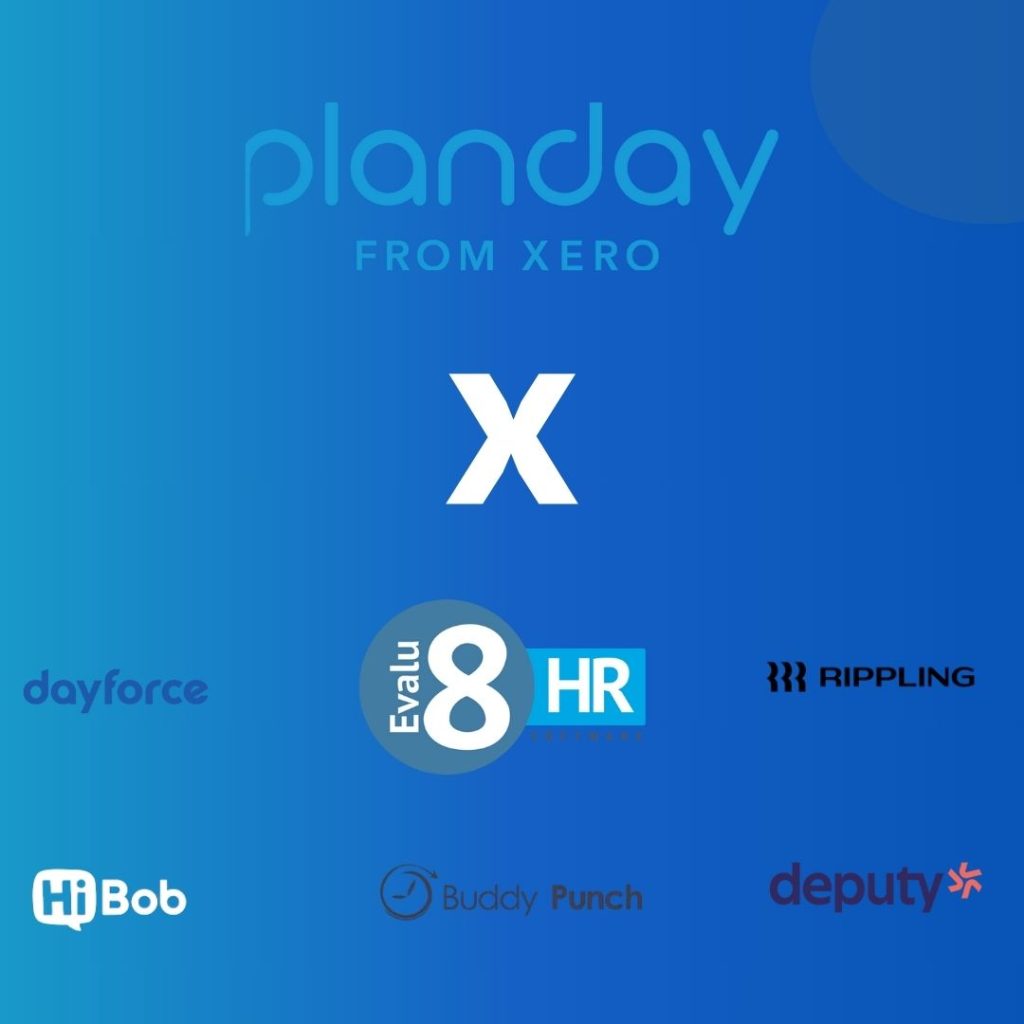
Looking for a Planday alternative?
Here’s what you need to know
Planday has been a popular choice for workforce management, but is it still the best option in 2025? Many businesses find that while Planday handles scheduling well, it lacks advanced compliance tracking, automation, and deeper time and attendance insights.
If your business needs a better time and attendance solution, this guide compares six of the best alternatives, assessing their features, pricing, and suitability for UK businesses. Whether you need smarter workforce planning, payroll integration, or compliance tools, we’ll help you find the best alternative to Planday.
Helpful summary
Overview: This article compares six of the best Planday alternatives for time and attendance, helping businesses choose the right platform for workforce scheduling, payroll, and compliance.
Why trust us: With expertise in HR and workforce management, we evaluate HR software to help businesses find the most efficient and cost-effective solutions.
Why it matters: The right time and attendance software improves payroll accuracy, ensures compliance, and reduces admin time, making workforce management easier.
Action points: Explore alternatives like Evalu-8 HR for a complete workforce solution, or Deputy for scheduling-focused businesses.
Further research: Find out why Evalu-8 HR is the best Planday alternative for UK businesses.
6 Best Planday alternatives for time & attendance
1. Evalu-8 HR – Best all-in-one Planday alternative
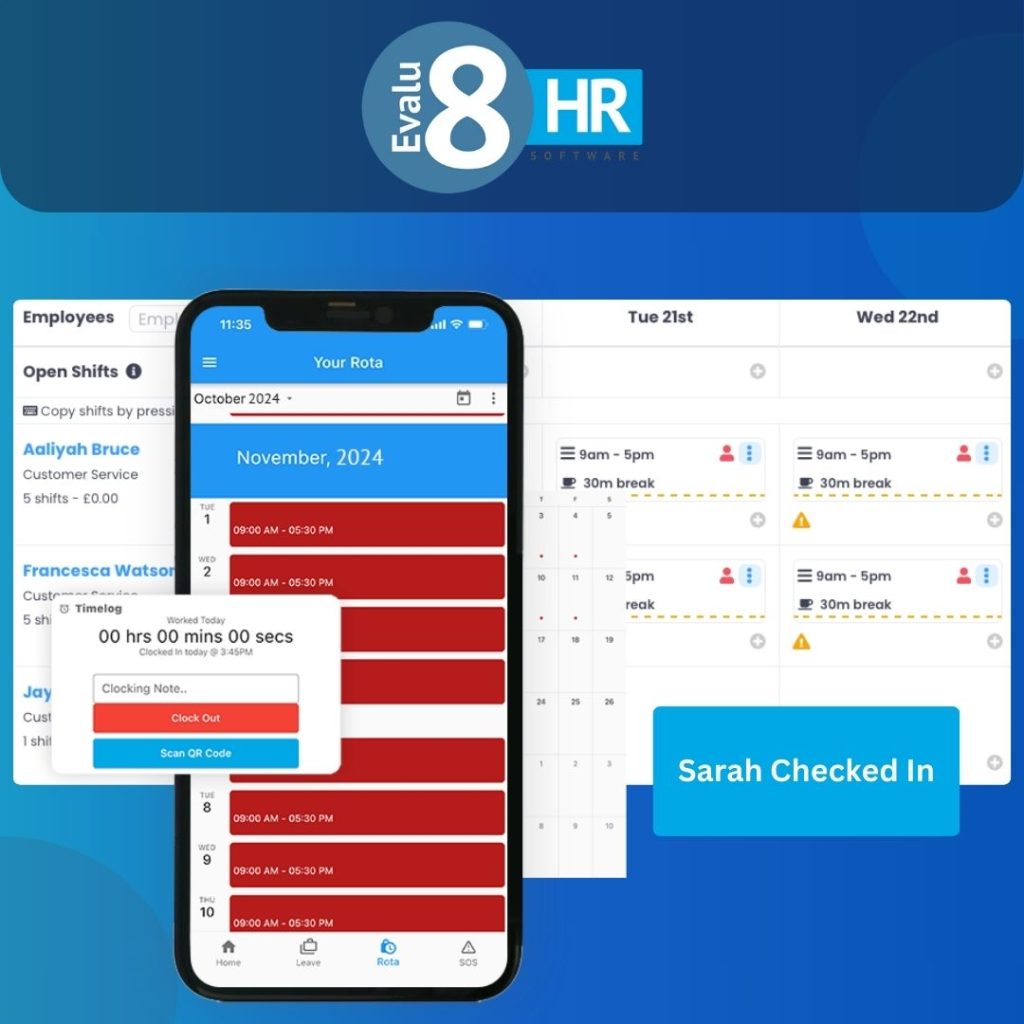
Why Evalu-8 HR stands out
Evalu-8 HR offers a fully integrated time and attendance solution built directly into its broader HR platform, designed with the needs of UK employers in mind. Rather than operating as a standalone tool that requires bolt-ons for leave, absence, or rota planning, Evalu-8 gives businesses everything they need in one place—without complexity or inflated costs.
Planday, on the other hand, is primarily a shift scheduling tool with time tracking features. While it works well for rota-heavy environments like hospitality or retail, it lacks the deeper integration with core HR features—such as absence management, document storage, and payroll-ready reporting—that many UK employers now expect as standard.
Core features
Real-time clocking via web, mobile, QR code, tablet kiosk, or GPS-tagged mobile device
Configurable time rules for different employee types (e.g. salaried, hourly, hybrid)
Automated lateness, absence, and overtime tracking
Self-service clocking and manager approval workflows
Timesheet generation and export
Leave and sickness automatically reconciled with attendance records
Advanced features
Intelligent scheduling with linked rota and working pattern rules
Automated alerts for missed clock-ins, excessive hours, or early departures
Geofencing for location-based clock-ins (ideal for remote or multi-site teams)
Custom reports on time compliance, costs, and absence trends
Integration with performance, payroll, and compliance tracking
Biometric clock-in device integration (optional hardware)
Constraints and functionality gaps
The mobile app is responsive and functional, but offline clocking (without signal) is currently under development
Biometric integration requires third-party hardware, which is optional but not native to the core platform
Pros & cons
Pros
Fully integrated with leave, absence, rotas, and HR records
Multiple clocking options to suit different environments
Real-time, accurate data and alerts
Highly configurable to match UK working practices
Affordable for small and mid-sized businesses
UK-based development and support team
Cons
Offline functionality is not yet live, but on the roadmap
Biometric clock-in requires optional hardware
Not specifically built for complex unionised shift environments (though still used in light manufacturing, care, and logistics)
Pricing
Evalu-8 HR is priced for accessibility, particularly for UK SMEs:
The Core HR package is available from just £2.50 per user, per month
Time and attendance can be added for an additional £2.50 per user, per month
By contrast, Planday’s pricing ranges higher for premium features and often requires integration with external tools to deliver full HR functionality.
Why Evalu-8 HR is a better choice
Evalu-8 HR offers a deeper level of time and attendance integration than Planday, particularly for UK employers with mixed working patterns, salaried teams, or compliance obligations that extend beyond shift management.
Where Planday focuses heavily on scheduling and communication, Evalu-8 provides a single, centralised platform that not only tracks hours worked, but also automates related processes—like absence reconciliation, timesheet approvals, and payroll output.
If your business wants accurate time data, real-time visibility, and HR integration without the need for multiple platforms, Evalu-8 HR is a smarter, more scalable solution. It delivers more flexibility than Planday, more automation than standalone tools, and the level of control growing UK businesses need to stay compliant and efficient.
2. HiBob – Best for growing teams
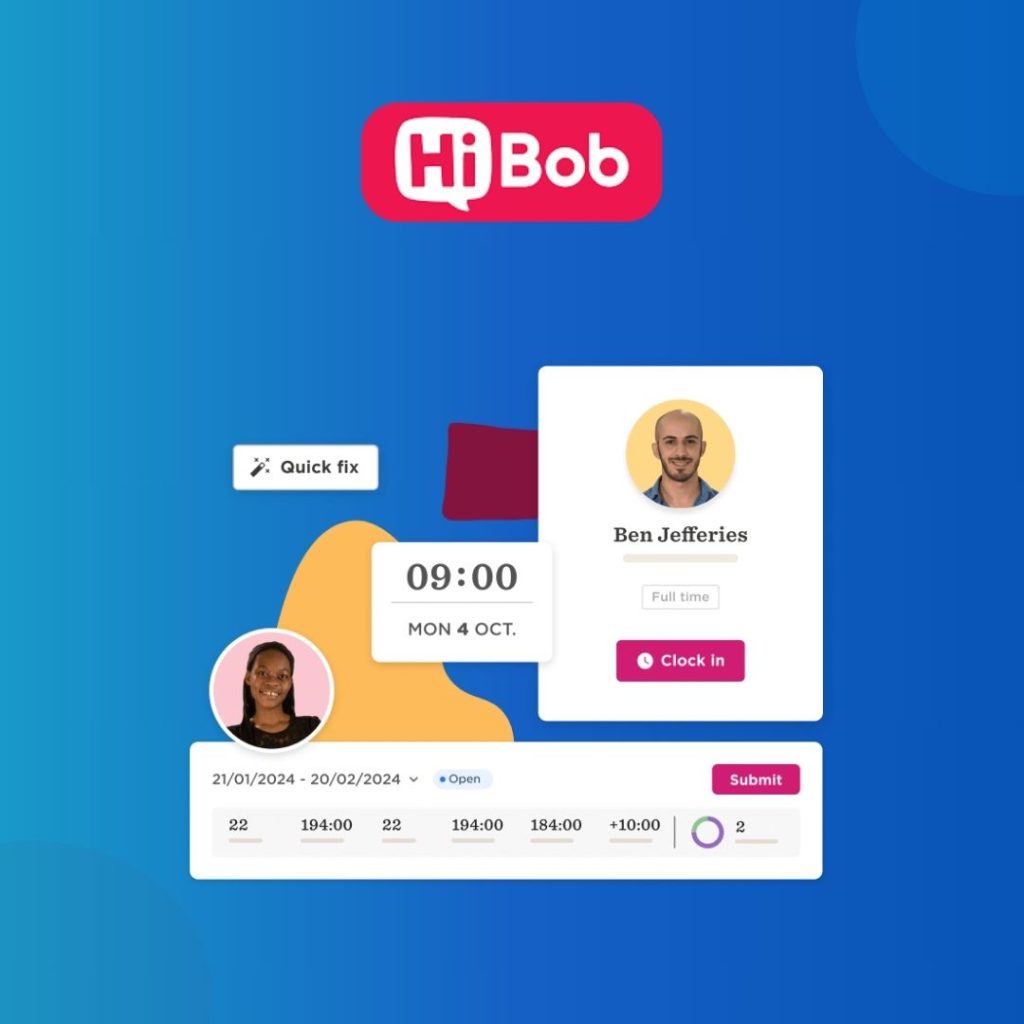
HiBob is a modern HR platform designed to support growing businesses with everything from core HR admin to engagement, compensation, and people analytics. Its time and attendance module sits within this wider ecosystem, meaning it’s not a standalone clock-in/out tool, but part of a broader HR solution.
For UK organisations looking for a sleek, employee-friendly interface and basic attendance tracking linked to leave management, HiBob provides a good starting point. However, for teams with more complex working patterns, shift structures, or payroll automation needs, the time and attendance functionality may feel a little limited.
Unlike tools like Planday, which focus heavily on shift-based scheduling, HiBob’s time and attendance offering is more generalist—ideal for salaried teams but less suited to high-variation workforces. For businesses that need more granular time capture and deeper integration into payroll-ready outputs, a platform like Evalu-8 HR may offer a more purpose-built alternative.
Core features
Clock in and out via desktop or mobile
Manual time entry and edits with manager approval
Automated working hour calculations for each employee
Leave, sickness, and absence linked directly to attendance
Timesheet views and daily/weekly summaries
Notifications for missed clock-ins or incomplete hours
Advanced features
Mobile time tracking with GPS location capture
Quick Fix feature to allow employees to retroactively update missed time entries
Integration with HiBob’s leave management and calendar tools
Manager approval workflows for time corrections
Integration with communication tools like Slack and Microsoft Teams
Configurable work patterns and overtime rules
Constraints and functionality gaps
Time tracking is relatively basic and best suited to salaried or fixed-hour teams
No built-in rota or shift scheduling—requires manual input or external integration
Reporting is useful but not particularly advanced for time-specific analytics
Limited automation in terms of compliance triggers (e.g. working time directive alerts)
No offline time capture for field-based teams
Geolocation functionality exists but lacks more advanced geofencing capabilities
While HiBob is a strong HR platform overall, its time and attendance capabilities are better suited to organisations with predictable working hours, rather than fast-moving, shift-based environments.
Pros & cons
Pros
Clean, modern user interface that’s easy for employees and managers to navigate
Part of a broader HR system with built-in absence and holiday tracking
Integrated into company comms tools like Slack and Teams
Good fit for salaried, desk-based employees
UK payroll integrations available for some providers
Cons
No native rota or shift scheduling functionality
Time tracking lacks real-time features like clock-in alerts or location rules
Less automation for payroll or workforce compliance
Mobile app requires connectivity and does not offer offline mode
Pricing
HiBob does not publish public pricing. However, estimates suggest it ranges from £12–£20 per user per month, depending on company size, features, and contract length. Time and attendance is included in some core packages, but more advanced tools (like performance, engagement, or compensation) are add-ons.
HiBob often includes implementation and onboarding as part of the contract, which can add upfront cost but is helpful for larger teams rolling out a new system.
Why you may want to consider this vendor
HiBob is a great choice for UK businesses that want a modern, design-led HR system with built-in time tracking that connects neatly to other core HR features like leave, performance, and employee engagement. It’s particularly well suited to professional services, tech firms, and fast-growing teams that need flexibility and a polished user experience.
Compared to Planday, which focuses heavily on shift planning and hourly scheduling, HiBob is more HR-led than operations-led. This means it’s better for salaried teams but may fall short for teams needing rota integration or precise control over labour costs and attendance variance.
That’s where Evalu-8 HR has an edge—especially for UK employers needing detailed, real-time time tracking, rota control, and payroll-ready exports in one unified system. Evalu-8’s time and attendance tools are more configurable and scalable for businesses with a mix of working patterns, and its pricing model is transparent and tailored for SMEs.
In short, HiBob is strong where design and employee experience matter most—but if time tracking is a critical part of your workforce operations, especially in sectors like logistics, care, or construction, it’s worth exploring a platform like Evalu-8 that goes deeper into the time and attendance space.
3. Deputy – Best for shift scheduling

Deputy is a well-regarded workforce management solution that offers a time and attendance module integrated within its broader platform. Designed to cater to businesses of varying sizes, Deputy provides tools for employee scheduling, time tracking, and communication. For UK organisations seeking a unified system to manage time tracking alongside other HR functions, Deputy presents a compelling option.
The platform allows employees to clock in and out using multiple devices, including mobile apps, web browsers, and central kiosks. Managers benefit from real-time attendance data, facilitating efficient workforce oversight. While Deputy offers a range of features suitable for many business models, companies with intricate scheduling needs or specific compliance requirements may find certain limitations.
In comparison to platforms like Planday, which focuses heavily on shift scheduling, Deputy provides a more balanced approach by integrating time tracking with other HR functionalities.
Core features
Multiple clock-in/out options: Employees can clock in and out using the mobile app, web browser, or central kiosks, accommodating various workplace setups.
Real-time attendance tracking: Managers have access to live data on employee attendance, including who is on shift, running late, or on break.
Automated timesheets: Accurate timesheets are generated based on clock-in/out data, streamlining the payroll process.
Break planning compliance: The system ensures that employees take the necessary breaks, aiding in compliance with labour laws.
Leave management: Employees can request leave through the platform, with managers able to approve or deny requests, ensuring accurate tracking of absences.
Advanced features
Touchless clock-ins: Supports biometric facial recognition for a hygienic and secure clock-in process.
GPS location capture: Mobile clock-ins can include GPS data, ensuring employees are at the correct location when starting their shifts.
Auto-scheduling: Utilises AI to create optimised schedules based on various factors, reducing manual input and errors.
Integration with payroll systems: Seamless connection with various payroll providers, facilitating efficient payroll processing.
Compliance tracking: Helps monitor adherence to labour laws and internal policies, reducing the risk of violations.
Constraints and functionality gaps
Limited offline functionality: The mobile app requires an internet connection for clock-ins, which may be a limitation in areas with poor connectivity.
Basic reporting features: While offering standard reports, the platform may lack the depth required for detailed analytics sought by some organisations.
Additional costs for HR features: Core HR functionalities are available at an extra cost, which could increase the overall expenditure for businesses seeking a comprehensive HR solution.
Minimum monthly spend: Deputy imposes a minimum monthly spend of £15, which may not be cost-effective for very small teams.
Pros and cons
Pros
User-friendly interface: The platform is intuitive, making it easy for both employees and managers to navigate.
Versatile clock-in options: Multiple methods for clocking in and out provide flexibility for various business types.
Real-time data access: Managers can monitor attendance and address issues promptly with live data.
Integration capabilities: Seamlessly connects with payroll and other HR systems, streamlining administrative processes.
Cons
Internet dependency: The lack of offline functionality can be a drawback in certain environments.
Additional costs for comprehensive features: Accessing the full suite of HR tools requires additional investment.
Limited advanced reporting: Organisations seeking in-depth analytics may find the reporting features insufficient.
Pricing
Deputy offers several pricing tiers to accommodate different business needs:
Scheduling: £3 per user per month, providing core scheduling features.
Time & Attendance: £3 per user per month, focusing on time tracking functionalities.
Premium: £4 per user per month, combining scheduling, time tracking, and additional features.
Enterprise: Custom pricing tailored to large organisations with specific requirements.
Additionally, Deputy HR can be added for £2 per user per month, enhancing the platform’s HR capabilities. It’s important to note the minimum monthly spend of £15, which may influence the cost-effectiveness for smaller teams.
Why you may want to consider this vendor
Deputy stands out as a versatile workforce management solution suitable for UK businesses aiming to integrate time and attendance tracking with scheduling and basic HR functions. Its user-friendly interface and real-time data access make it a practical choice for many organisations.
When compared to Planday, which emphasises shift scheduling, Deputy offers a more balanced suite of features that encompass both scheduling and time tracking. However, for businesses with complex scheduling needs, intricate compliance requirements, or a desire for more advanced reporting and customisation, Evalu-8 HR may present a more tailored and comprehensive solution.
In summary, Deputy provides a solid foundation for time and attendance management, particularly for businesses seeking an integrated approach. Nonetheless, it’s advisable for organisations to assess their specific needs and consider platforms like Evalu-8 HR for a solution that aligns closely with their operational complexities and growth objectives.
4. Dayforce – Best for enterprise workforce management

Dayforce developed by Ceridian, is a comprehensive Human Capital Management (HCM) platform that integrates various HR functions, including a time and attendance module. Designed to cater to organisations of varying sizes, Dayforce offers tools for employee scheduling, time tracking, and compliance management. For UK organisations seeking a unified system to manage time tracking alongside other HR functions, Dayforce presents a compelling option.
The platform allows employees to clock in and out using multiple devices, including mobile apps and web browsers. Managers benefit from real-time attendance data, facilitating efficient workforce oversight. While Dayforce offers a range of features suitable for many business models, companies with intricate scheduling needs or specific compliance requirements may find certain limitations.
In comparison to platforms like Planday, which focus heavily on shift scheduling, Dayforce provides a more balanced approach by integrating time tracking with other HR functionalities. However, businesses requiring advanced features and deeper customisation might find Evalu-8 HR to be a more tailored solution.
Core features
Multiple clock-in/out options: Employees can clock in and out using the mobile app or web browser, accommodating various workplace setups.
Real-time attendance tracking: Managers have access to live data on employee attendance, including who is on shift, running late, or on break.
Automated timesheets: Accurate timesheets are generated based on clock-in/out data, streamlining the payroll process.
Leave management: Employees can request leave through the platform, with managers able to approve or deny requests, ensuring accurate tracking of absences.
Advanced features
Mobile time tracking with GPS location capture: Mobile clock-ins can include GPS data, ensuring employees are at the correct location when starting their shifts.
Integration with payroll systems: Seamless connection with various payroll providers, facilitating efficient payroll processing.
Compliance tracking: Helps monitor adherence to labour laws and internal policies, reducing the risk of violations.
Constraints and functionality gaps
Complex implementation process: Some users have reported that implementing Dayforce can be time-consuming and may require significant resources.
Limited integration capabilities: Dayforce may not integrate seamlessly with all external systems, potentially necessitating additional resources for custom integrations.
Learning curve: Due to its comprehensive feature set, new users may require time to become proficient with the platform.
Pros and cons
Pros
Comprehensive HR solution: Dayforce offers a wide range of HR functionalities beyond time and attendance, providing a unified platform for various HR needs.
Real-time data access: Managers can monitor attendance and address issues promptly with live data.
Integration capabilities: Seamless connection with payroll and other HR systems, streamlining administrative processes.
Cons
Implementation complexity: The platform may require a significant investment of time and resources during the implementation phase. G2
Integration limitations: Potential challenges in integrating with certain external systems may necessitate additional resources for custom integrations.
Steep learning curve: The extensive feature set may require comprehensive training for users to fully leverage the platform.
Pricing
Dayforce operates on a subscription-based pricing model, with fees typically ranging between $22 and $31 per employee per month (PEPM). Additionally, there is often a one-time implementation fee, which usually constitutes 40-60% of the annual software fees.
Why you may want to consider this vendor
Dayforce stands out as a versatile workforce management solution suitable for UK businesses aiming to integrate time and attendance tracking with other HR functions. Its comprehensive feature set and real-time data access make it a practical choice for many organisations.
When compared to Planday, which emphasises shift scheduling, Dayforce offers a more holistic suite of features that encompass both scheduling and broader HR functionalities. However, for businesses with complex scheduling needs, intricate compliance requirements, or a desire for more advanced reporting and customisation, Evalu-8 HR may present a more tailored and comprehensive solution.
In summary, Dayforce provides a solid foundation for time and attendance management, particularly for businesses seeking an integrated approach. Nonetheless, it’s advisable for organisations to assess their specific needs and consider platforms like Evalu-8 HR for a solution that aligns closely with their operational complexities and growth objectives.
5. Rippling – Best for automation & integrations

Rippling is a comprehensive workforce management platform offering a modular approach to HR, payroll, and IT—its time and attendance module being one of many tightly integrated tools. Designed with scalability in mind, Rippling caters to fast-growing businesses and offers strong automation and real-time tracking features that work well for salaried and hourly employees alike.
What sets Rippling apart is its flexibility. Businesses can pick and choose only the modules they need—making it an efficient, if slightly complex, solution to scale over time. However, while Rippling offers time tracking, scheduling, and payroll in one system, it doesn’t go as deep in UK-specific compliance or rota control as some alternatives.
Compared to Planday, which is rota-first and used heavily in shift-based sectors, Rippling offers more generalised workforce automation—but lacks the out-of-the-box configuration that UK SMEs may require. For those looking for deeper integration, greater customisability, and UK-specific features, Evalu-8 HR is often the more practical, cost-effective choice.
Core features
Clock-in/out via web browser, mobile app, or on-site kiosk
Automated time tracking and shift logging
Manager approvals and daily/weekly timesheet views
Integrated leave and sickness tracking
Direct links to payroll (Rippling Payroll or external)
Real-time dashboard view of attendance
Advanced features
GPS-based clocking via mobile app
Time policies configurable per employee or location
Built-in alerts for late, missed, or unauthorised clock-ins
Automatic timesheet creation and payroll export
Audit trail and compliance logs
Works seamlessly with other Rippling modules like Benefits, Learning, or IT provisioning
Constraints and functionality gaps
The system is US-first, with some limitations in UK-specific compliance automation (e.g. Working Time Directive alerts, statutory holiday tracking)
Time and attendance is not deeply tied to scheduling unless you also purchase the scheduling module
Offline clocking is not currently supported—a challenge for field teams or remote worksites
Setup and onboarding can be complex without internal IT/HR support
Cost can add up as more modules are added; time tracking alone is not available without the core HR platform
Pros & cons
Pros
Clean, intuitive interface for employees and managers
Fully integrated across HR, payroll, and IT systems
Modular pricing means you only pay for what you use
Real-time attendance data and strong automation features
GPS and mobile clocking available
Rapidly evolving with regular updates
Cons
Requires internet connection to use clock-in features
Limited UK localisation for certain compliance needs
Can get expensive as you add modules
No offline or kiosk-less time tracking
Scheduling is optional and not deeply embedded in time tracking
Pricing
Rippling uses a modular pricing structure. You’ll need to start with the Core HR platform (Rippling Unity), which typically starts at around $35 per month base fee, with additional costs per employee per month for each module. Time and attendance is an add-on, not included by default.
Typical pricing for time tracking ranges from £6–£10 per employee per month, depending on region and features selected. There is also an implementation fee, and the full cost varies significantly based on the number of users and modules.
For UK businesses, it’s essential to get a tailored quote based on your local needs and team structure.
Why you may want to consider this vendor
Rippling is a strong choice for UK businesses looking to future-proof their operations with a modular, automated platform that brings together HR, IT, and time tracking in one ecosystem. It’s ideal for tech-savvy teams with international footprints or companies looking for flexibility in what they pay for and when.
However, compared to Planday, Rippling may feel more HR-driven and less focused on scheduling or day-to-day rota management. For businesses where attendance, shift planning, compliance, and payroll all need to speak the same language—without bolt-ons or heavy IT support—Evalu-8 HR offers a more integrated and UK-focused solution.
Evalu-8 gives businesses everything they need to track, manage, and act on time data in real-time—while keeping costs predictable and compliance airtight. For growing UK teams who want practical tools over premium price tags, it’s often the better fit.
6. Buddy Punch – Best for simplicity

Buddy Punch is a cloud-based time tracking solution designed to simplify employee attendance management for businesses of all sizes. The platform offers a user-friendly interface that allows employees to clock in and out via web browsers, mobile apps, or on-site kiosks. Managers benefit from real-time attendance data, facilitating efficient workforce oversight. While Buddy Punch provides a range of features suitable for various business models, UK organisations should assess its capabilities in the context of local compliance requirements and integration needs.
In comparison to platforms like Planday, which emphasises shift scheduling, Buddy Punch offers a balanced approach by integrating time tracking with scheduling and payroll functionalities. However, businesses seeking a more tailored solution with advanced features and deeper customisation might find Evalu-8 HR to be a more fitting choice.
Core Features
Clock in and out via web, mobile, or tablet kiosk
Real-time dashboard for managers showing who’s working, on break, or off
Automated timesheets with configurable overtime rules
Leave and time-off request workflows
Clocking location tracking via GPS
Manager approval workflows for timesheet changes
Advanced features
Geofencing to restrict clock-ins to approved worksites
Photo on punch and facial recognition for added security
Shift-based scheduling (optional on higher tiers)
Job and project tracking for cost allocation
Reporting dashboards for hours worked, late arrivals, and time-off balances
Integration with payroll tools such as Xero, QuickBooks, and Gusto
Constraints and functionality gaps
Time and attendance is not part of a broader HR platform—leave management and employee data are limited
No built-in support for UK-specific compliance (e.g. Working Time Directive alerts, statutory holiday automation)
Reporting is good for time data but lacks depth for broader workforce analysis
Mobile app requires an internet connection; offline clocking is not available
More advanced features (e.g. geofencing, job costing) are locked behind higher-tier plans
No centralised rota planning or labour forecasting—basic scheduling only
Pros and cons
Pros
Very easy to set up and use
Flexible clocking options to suit different roles and workplaces
Mobile-ready with GPS and facial recognition features
Good value for small teams
Real-time visibility of attendance and hours worked
Cons
No integrated HR functionality
Compliance and policy rules need manual configuration
Higher-tier features may be essential for growing teams, adding to cost
Not ideal for complex scheduling or shift pattern management
Not built specifically for UK legislation or payroll formats
Pricing
Buddy Punch offers transparent, tiered pricing:
Standard Plan: From $5.49 per user per month + base fee
Pro Plan: From $6.99 per user per month + base fee (includes scheduling and GPS)
Enterprise Plan: From $11.99 per user per month + base fee (includes API access and SSO)
All plans require a base fee of $19 per month, and prices are charged in USD, which may lead to currency fluctuations for UK users.
While affordable upfront, the cost can rise quickly as teams grow and more features are needed—especially if you’re managing rotas or field-based staff.
Why you may want to consider this vendor
Buddy Punch is a solid choice for UK businesses that need a simple, reliable way to track time and attendance—especially for dispersed teams, field workers, or companies with BYOD (bring your own device) policies. Its mobile-first approach, facial recognition, and geofencing tools offer flexibility that smaller businesses will appreciate.
However, compared to Planday, which is stronger on rota creation and shift-based cost control, Buddy Punch lacks the deeper operational tools needed for businesses with fluctuating schedules or multiple departments.
For organisations looking for more than just time tracking—including automated absence management, integrated HR records, training logs, document compliance, and performance tracking—Evalu-8 HR is the better all-in-one option. It provides the same level of flexibility and automation, but with a much broader feature set tailored to UK compliance and workforce needs.
Time & attendance doesn’t have to be complicated
Finding the right time and attendance software is crucial for payroll accuracy, compliance, and workforce management. While Planday is useful for scheduling, businesses needing a more complete workforce management solution should consider Evalu-8 HR.
With built-in compliance tracking, payroll exports, and smart scheduling, Evalu-8 HR ensures UK businesses stay compliant and run efficiently. If you want a time and attendance system that does more, Evalu-8 HR is the best choice. Book a demo today to see how it can transform your workforce management.
See how Evalu-8 HR fits your business
FAQs – Finding the best Planday alternative
Evalu-8 HR is the best alternative, offering time and attendance tracking, payroll exports, workforce scheduling, and compliance tools—all in one system.
Deputy is ideal for shift management, but Evalu-8 HR offers scheduling plus additional workforce management features.
Evalu-8 HR and Dayforce provide built-in compliance tools, while other platforms rely on integrations.
Yes. Evalu-8 HR offers better compliance tracking, payroll integration, and UK-specific workforce management tools.
Evalu-8 HR offers affordable, flexible pricing, making it cost-effective for UK businesses of all sizes.
